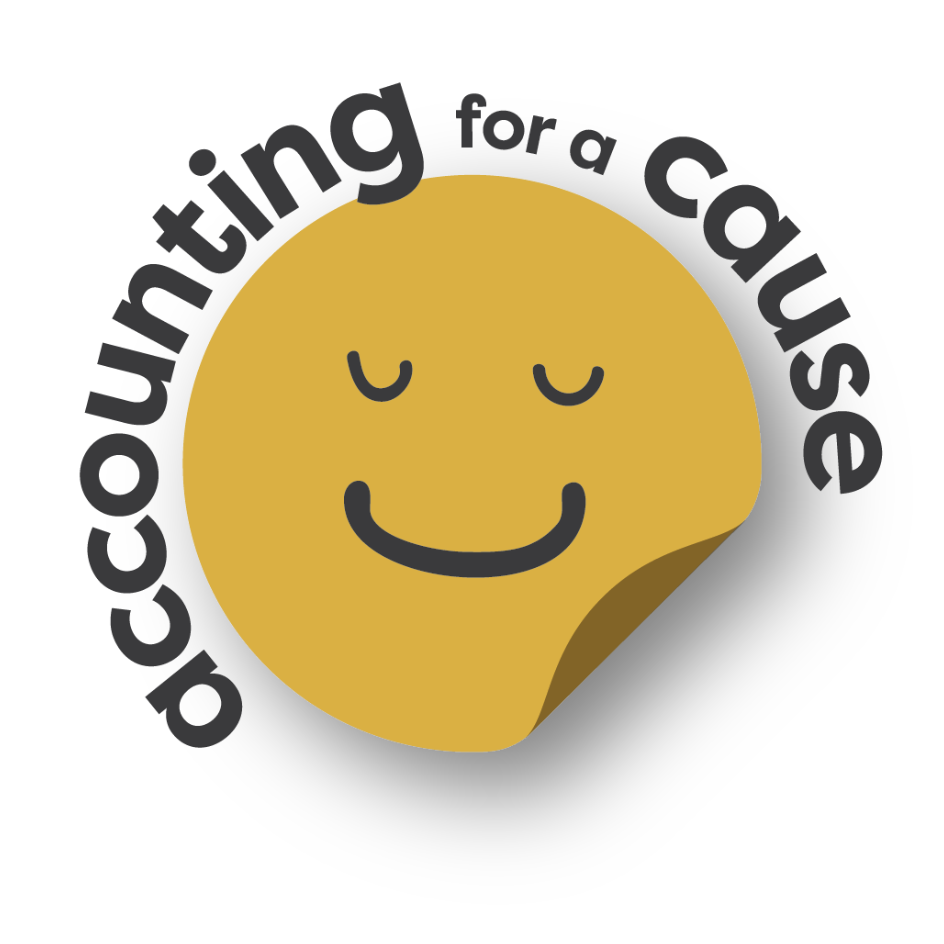Delving into the world of crypto currency
There’s nothing quite like the apprentice schooling the boss on a new form of economy at smoko. If, like many of us, this has happened to you then read on as we cover the basics of crypto!
First of all, “crypto” can refer to a range of different crypto assets – from crypto currencies to security tokens and non-fungible tokens (NFTs). We’re taking this one step at a time and we’ll focus on crypto currencies to start with. Crypto currency isn’t actually that “new”, but it is noteworthy as it operates on a completely different structure to the traditional banking system we are all familiar with. Crypto currencies are virtual (or digital) assets that can be transferred, traded and stored electronically.
It is estimated that there are over 6,000 different crypto currencies currently available worldwide – some of the big players include Bitcoin, Ethereum and Dogecoin. Bitcoin is the most high profile of all crypto currencies, with a current value of over NZD$47,000 per asset (or one Bitcoin). The thing to remember about crypto value is that while there are certainly people creating serious wealth through this less-traditional form of currency trading, the value of their assets hinges on what another trader is willing to pay for them. It’s a pure supply and demand model, which has the benefit of simplicity but also risk of more value fluctuations than assets secured against an economy (like the New Zealand Dollar) or a company (like shares on the share market).
In New Zealand, crypto currency is legal but it is not accepted as legal tender (like our New Zealand Dollar). Even though it isn’t legal tender, crypto can be used in trades and as an investment. It is not (yet) mainstream practice to be able to use crypto to purchase goods and services, although it is only a matter of time. While many crypto currencies are worth a lot, the New Zealand Financial Markets Authority (FMA) considers crypto currencies to have less practical value than money. This is solely due to the difficulty of using crypto to buy everyday things within the economy.
There are many cowboy crypto traders out there, and some well established businesses too. Some of these include Easy Crypto, BitPrime and Binance. Once purchased, your crypto can be stored electronically in an online vault or wallet or by using your own hardware. Crypto assets are guarded by a private key which acts in a similar way to a pin code in the traditional banking system.
Even though the world of crypto is relatively new, buyers, sellers and traders will not escape tax implications. In the eyes of the IRD, crypto assets are just that – an asset – so transaction and income records must be kept. The way the crypto asset income is taxed depends on how the crypto is being used and if the owner is an individual or a business. Crypto is not subject to GST, but if activity from crypto purchase, sale or trade has resulted in taxable income you must file a tax return with the IRD. When filing a return, the IRD will be interested in the income generated from your crypto assets, such as increased value, value generated through mining (a complex process of creating new crypto using formulas and computer code), and any other income such as crypto-interest. Expenses including the cost of the crypto assets, hardware depreciation, and interest on money borrowed to purchase the crypto could be used to offset your crypto income.
We assume that crypto is here to stay and will only become more prominent in our economy (both traditional and virtual) in the near future. As with all investments, it is important to research markets and trends and get advice from a reputable source – as well as from the apprentice at smoko. Crypto is not without its risks, which can be higher than traditional forms of investment. Conversely, the gains can be higher too. The bottom line is, do your research and don’t expect crypto to be a tax dodge. It most certainly is not!
To learn more or to find a professional crypto consultant, contact us!






